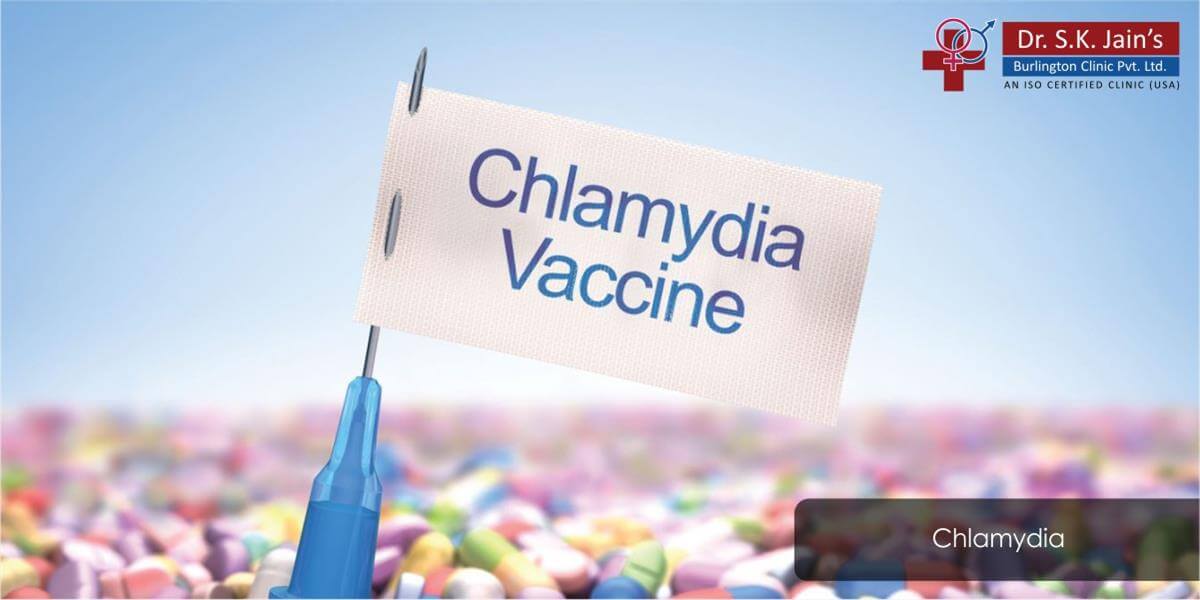

Chlamydia is a bacterial infection of your genital tract that spreads easily through sexual contact. You may not know you have chlamydia at first because the signs and symptoms of pain and fluid discharge don't show up right away if they show up at all. Many people experience no signs and symptoms.
Chlamydia is one of the most common sexually transmitted diseases. Each year, as many as 3 million people are infected with chlamydia. The disease affects both men and women and occurs in all age groups, though it's most prevalent among teenagers.

Chlamydia is a common STD all over world. It’s a bacterial infection.Symptoms consist of urethral discharge, a burning sensation during urination and, occasionally, swelling of the testicles. Complication of this can be epididymitis, and inflammation in the scrotum that may leave the man sterile.
The disease isn't difficult to treat once you know you have it. If it's left untreated, however, chlamydia can lead to more-serious health problems.
Signs and symptoms
When signs or symptoms do occur, they usually start one to three weeks after you've been exposed to chlamydia. Even when signs and symptoms do occur, they're often mild and transient, making them easy to overlook.
Infection may include: -
Painful urination
Lower abdominal pain
Vaginal discharge in women
Discharge from the penis in men
Painful sexual intercourse in women
Testicular pain in men
Causes & Complications

The bacterium Chlamydia trachomatis causes chlamydia. The condition most commonly spreads through sexual intercourse and other intimate contacts among genitals, the rectal area and the mouth. It's also possible for a mother to spread chlamydia to her child during delivery, causing pneumonia or a serious eye infection. Initial signs include genital sores, followed later by fever and swollen lymph nodes in the groin area. The disease has increased recently among gay and bisexual men.
Chlamydia can lead to or be associated with other health problems, such as: -
Human immunodeficiency virus (HIV). Women infected with chlamydia are at greater risk of acquiring HIV than are women not infected with chlamydia.

Pelvic inflammatory disease (PID). PID is an infection of your uterus and fallopian tubes. Although it may cause no signs or symptoms, PID can damage the fallopian tubes, ovaries and uterus, including the cervix. Untreated PID can lead to abscesses in the fallopian tubes and ovaries. The infection can cause scarring that may lead to infertility.
Epididymitis. A chlamydia infection can inflame the epididymis, a coiled tube located beside each testicle. Epididymitis may result in fever, scrotal pain and swelling.
Prostatitis. The chlamydia organism can spread to your prostate gland. Prostatitis may result in pain during or after sex, fever and chills, painful urination, and lower back pain.
Rectal inflammation. If you engage in anal sex, the chlamydia organism can cause rectal inflammation. This can result in rectal pain and mucus discharge.
Eye infections. Touching your eye with a hand moistened with infectious secretions can cause an eye infection, such as pinkeye (conjunctivitis). Left untreated, the eye infection can result in blindness.
Infections in newborns. The chlamydia infection can pass from your vaginal canal to your child during delivery, causing pneumonia or an eye infection that can lead to blindness.
Prevention
The surest way to prevent a chlamydia infection is to abstain from sexual activities. Short of that, you can:
Use condoms: - Use a male latex condom or a female polyurethane condom during each sexual contact. Condoms, used properly during every sexual encounter, reduce but don't eliminate the risk of infection.
Limit your number of sex partners: - Having multiple sex partners puts you at a high risk of contracting chlamydia or other sexually transmitted diseases.
Get regular screenings for sexually transmitted diseases: - If you're sexually active, particularly if you have multiple partners, talk with your doctor about how often you should be screened for chlamydia and other sexually transmitted diseases.
When to seek medical advice
See a doctor if you have pain or discharge from your vagina or penis during urination, It's important to treat chlamydia before it leads to other health problems. Also, see a doctor if your sexual partner reveals that he or she has chlamydia, even if you have no symptoms.
Symptoms may not occur until several weeks after infection, or may not occur at all.